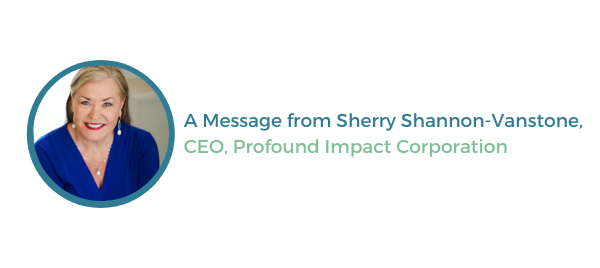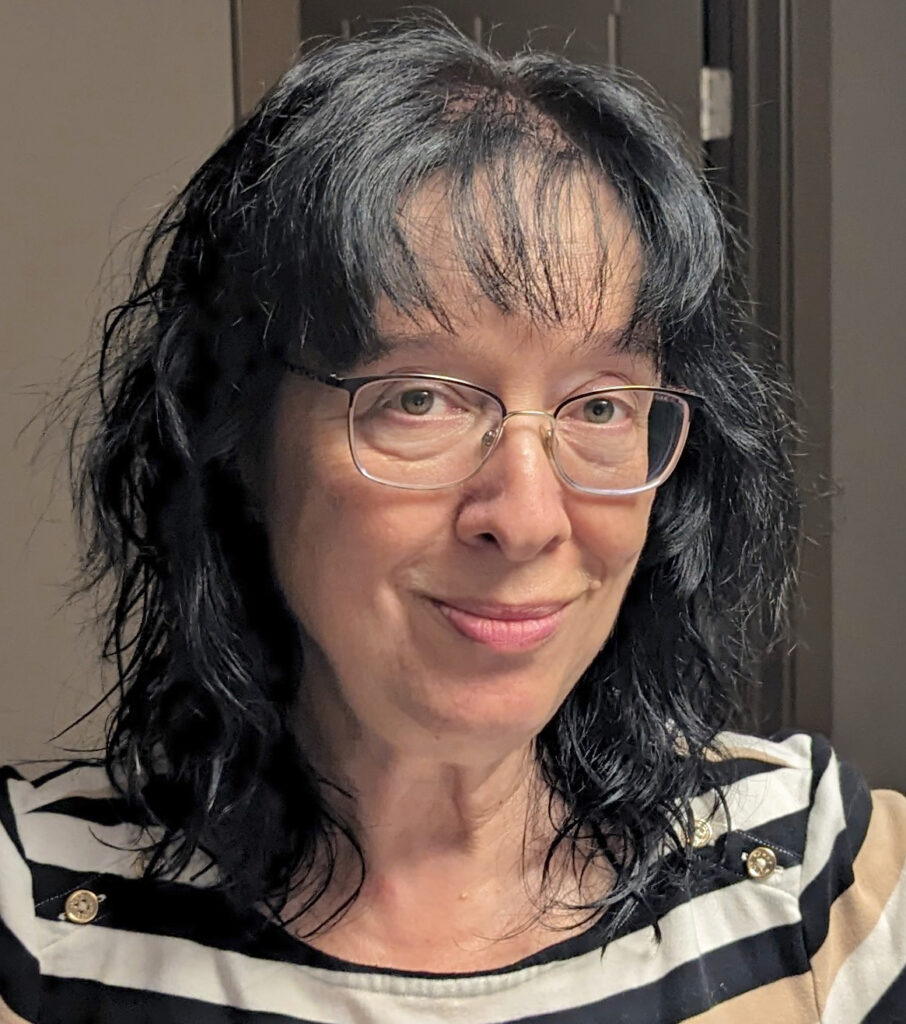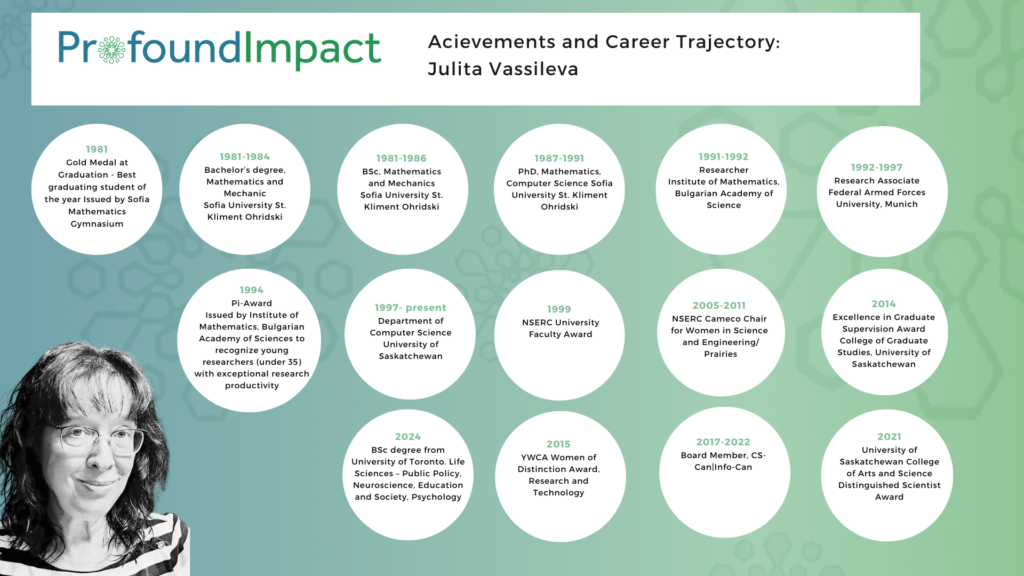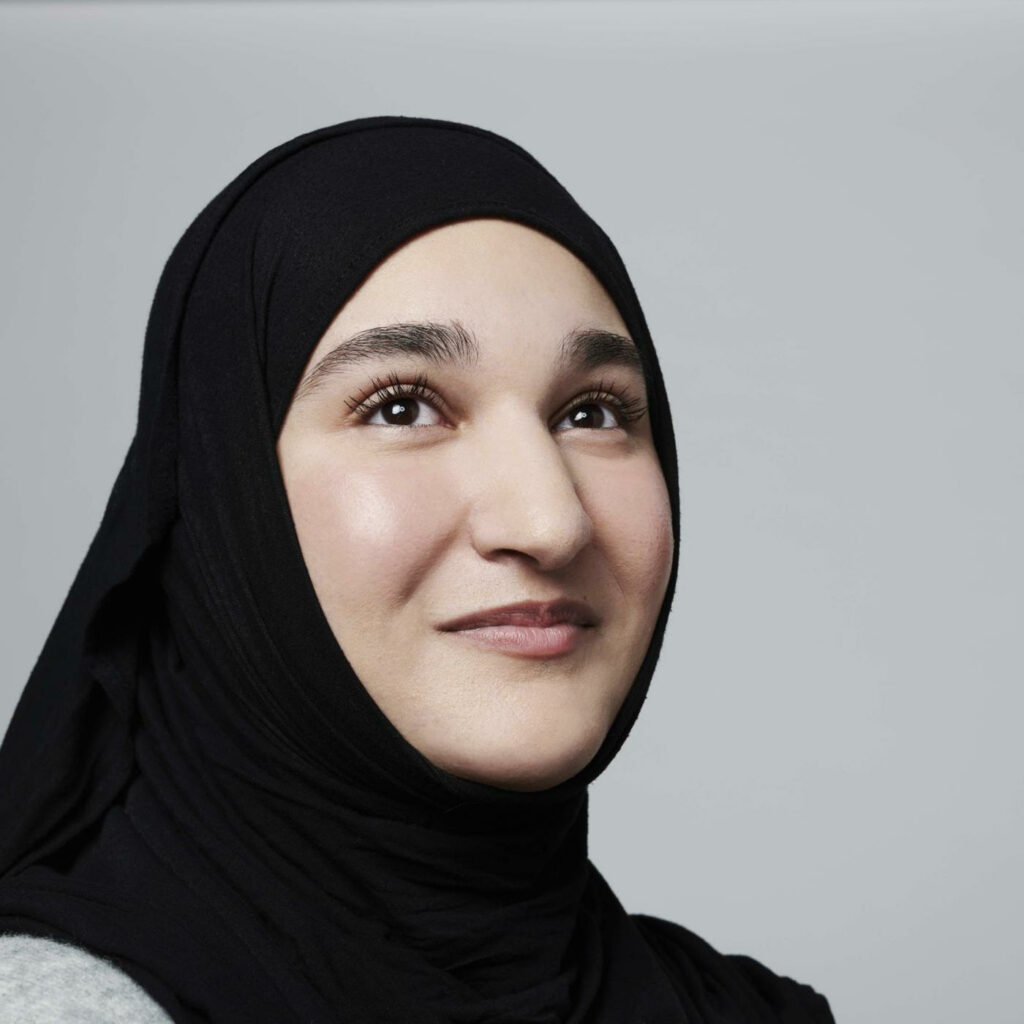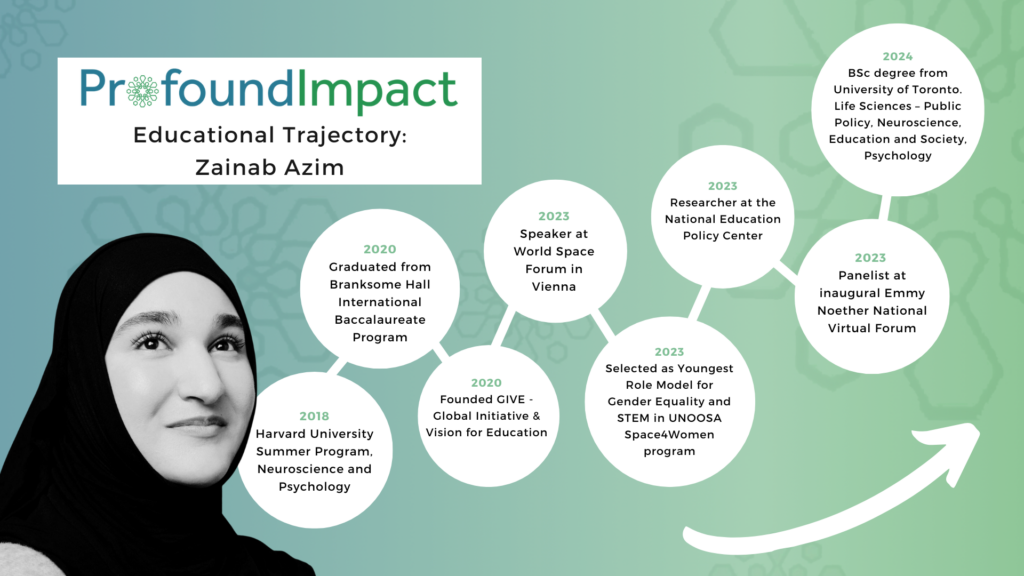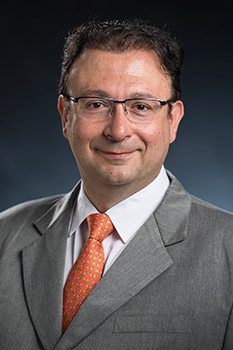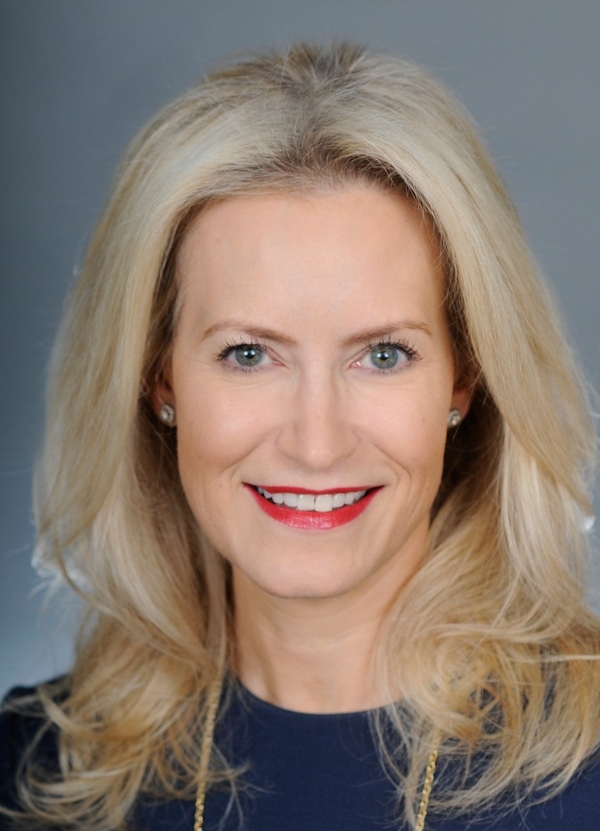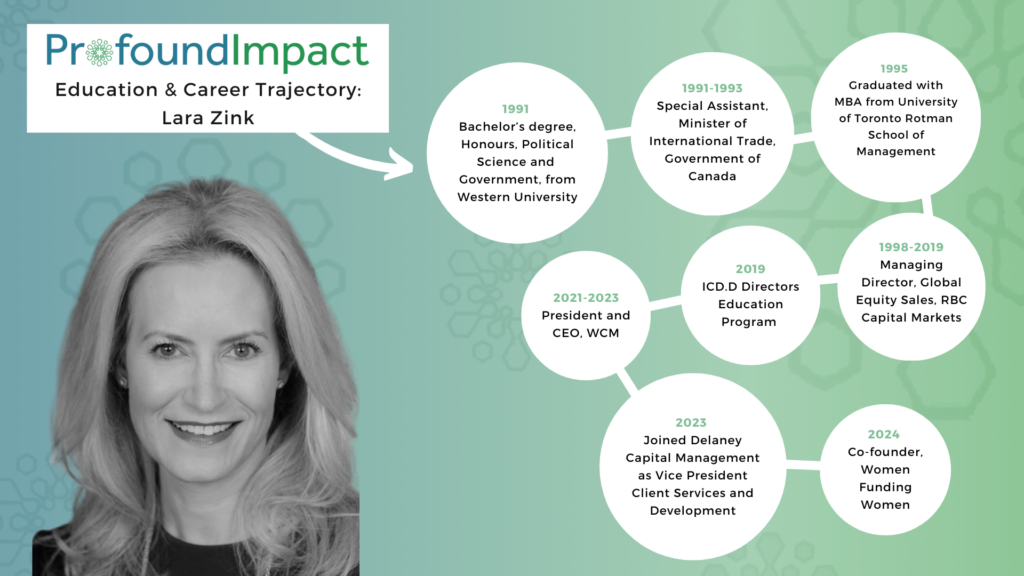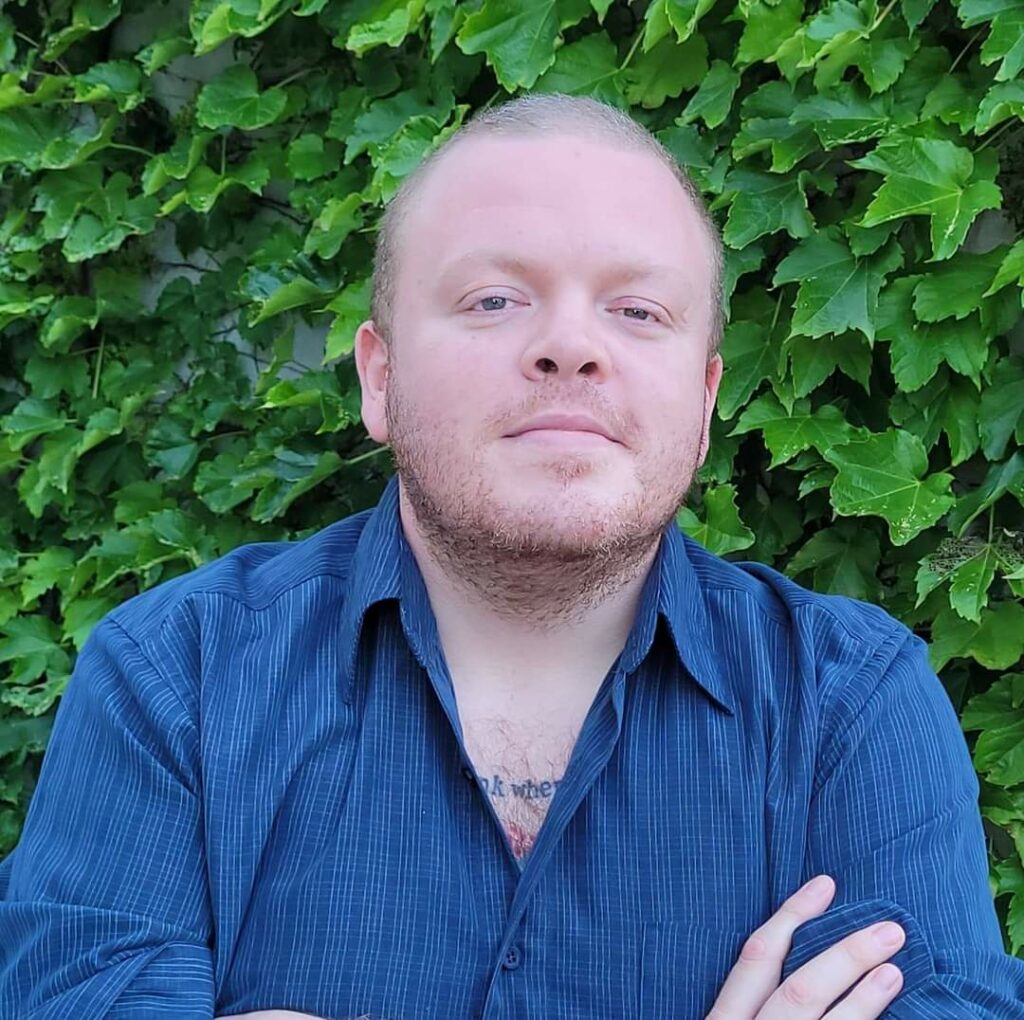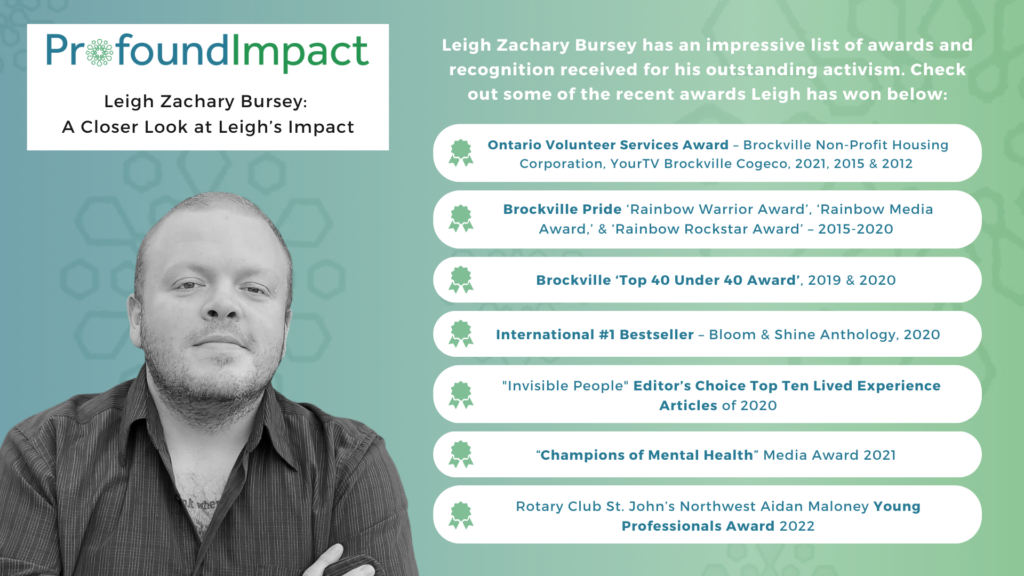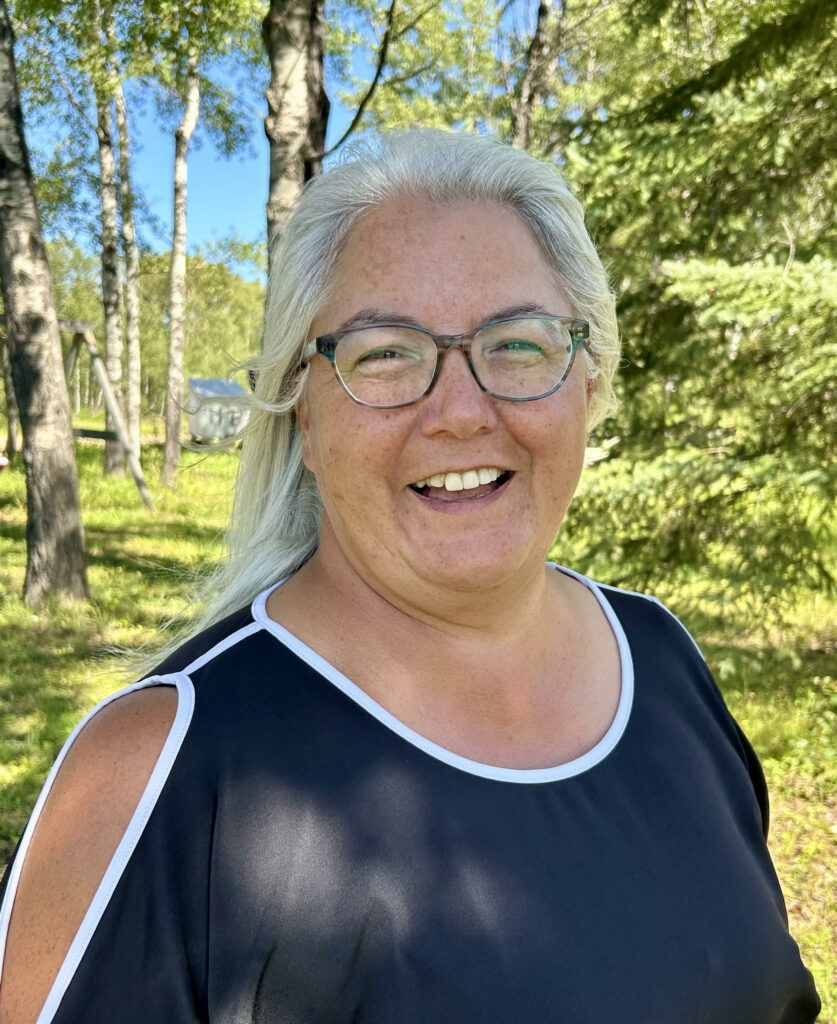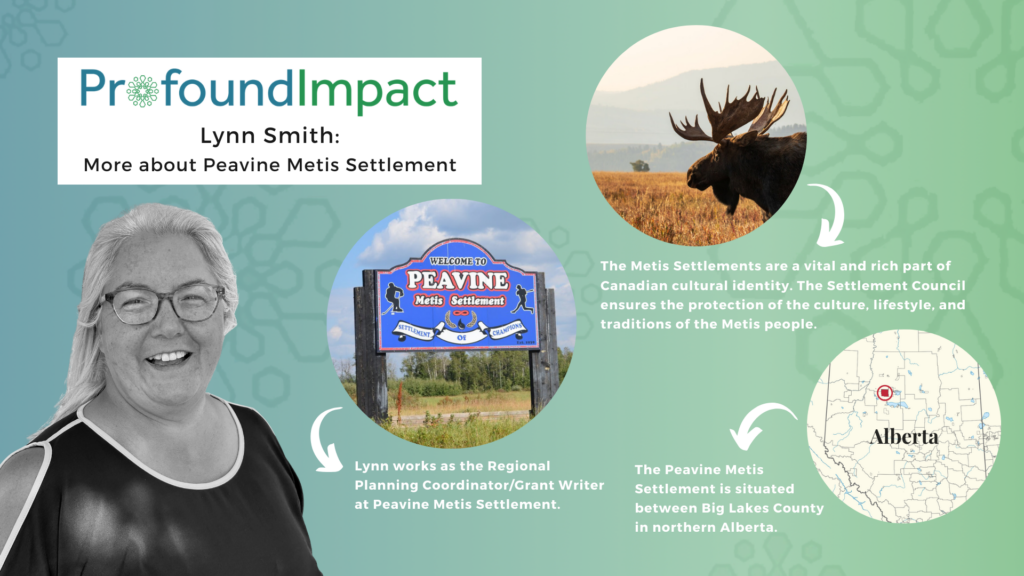Jennifer T. Lee
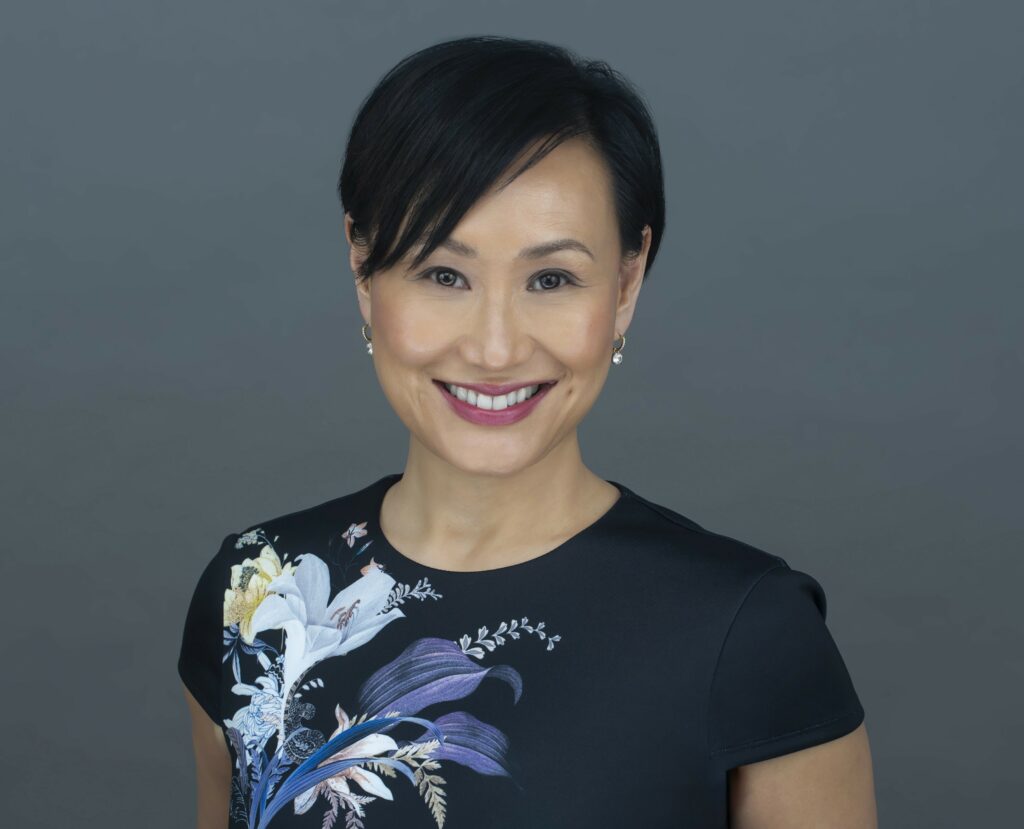
Vice-Chairwoman, Deloitte
Board Member, University Lecturer and Executive in Residence at Rotman School of Business
Jennifer Lee recently participated in an International Women’s Day panel at her alma mater, the University of Waterloo, where she spoke on Three Life Lessons on Inclusivity, which capture her perspective on work, community and life:
- Accept your identity. Own your heritage.
- Tell your story. People want to hear your journey.
- Have a mindset of abundance. Pay it forward and shine a spotlight on others.
Jennifer’s world view is largely shaped by her heritage. Her father was born in China, and at age five was instructed by his parents to find a way to Hong Kong to earn money to feed the family. Like many others escaping poverty, he ended up swimming to Hong Kong on a tire despite the inherent dangers of crossing a vast body of water. “My father was the oldest child – he had no choice but to go,” says Jennifer. “He worked in a bakery from age 5 to age 10 before joining another family on a boat to Fiji, where he eventually met my mother, and they found their way to Canada.”
Jennifer’s parents emigrated to Canada and settled in Belleville, Ontario. “I was born in Canada, but am acutely aware that I come from an immigrant background. I have an allergic reaction to privilege and entitlement. When you come from humble immigrant beginnings, you don’t have the luxury of being entitled. All you are taught is resilience,” she says.
Jennifer grew up in Belleville, where she earned a bursary to study at an independent high school and became very involved in martial arts. “From age 14 to 18, I was the captain of the Canadian Martial Arts team and travelled around the world in that role. That experience taught me that I wanted a global life and career which involved solving big problems for the world or business.”
Queen’s University offered Jennifer a modest scholarship, but her final choice of university was determined thanks to information provided by her mother. “She knew nothing about Canadian universities, but opened a book one day, read about the University of Waterloo’s Applied Studies and International Trade specialization and pointed it out to me. I didn’t know about UW or its reputation – but decided that this was the right program for me because it had the world ‘International’ in it. I felt like I belonged there.”
The Bachelor of Arts with International Trade Specialization was a very competitive program where students were accepted in second year. “I worked really hard in my first year to get into the program. In a world where I was always achieving, going to Waterloo was eye-opening because of the calibre of students and competitive internship programs. And my Chinese parents made it clear that failure was not an option!”
Jennifer was successful and, as a second-year intern, was recruited by AT&T in Hong Kong where she worked for a year in Mergers and Acquisitions to build the telecom network in India. While in Hong Kong, she worked incredible hours, met her extended family in China for the first time, and celebrated her 19th birthday.
Her next internship took her to Stuttgart, Germany to work for Hewlett-Packard for a year. Germany became her home base for another two years while she finished her degree. She and her German boyfriend (now husband) met when she was 17 years old in an airport, and had started dating long distance. They lived in Germany together before she moved back to Canada, continuing their long-distance relationship.
Jennifer’s career at Deloitte started with a position, based largely in New York, in corporate strategy. She left Deloitte after 4 years to move to Universal Studios for a short time before realizing that the position as a national marketing manager for blockbuster movie releases wasn’t right for her. She decided to apply to the Executive MBA program at the Rotman School of Management at the University of Toronto, but was initially rejected as being deemed too young. After challenging the decision, she was accepted as the youngest student to be admitted to the Executive MBA program.
While completing the Executive MBA, Jennifer joined Bell Canada in a number of management roles at the company. An opportunity to expand her international business experience to Asia presented itself when she was contacted by a former classmate who was serving as head of USAID in Central Asia. He invited her to apply for a position to restructure microfinance in Azerbaijan and, although she had no experience in the area and was certain that there was no possibility that she would be hired, she submitted a 10-page proposal on how to restructure the banks. She was offered the job, only to learn that it was a non-paid position. She accepted it for a four-month term, with Bell Canada giving her the opportunity to take a leave of absence. “I moved to Azerbaijan and worked on stabilizing 27 microfinance banks and their plan for non-restricted revenue generation. As a result, I became very interested in microfinance,” she adds.
“After Bell Canada, I returned to Deloitte and became a partner. Deloitte allowed me to take short breaks each year to return to work with the Azerbaijani microfinance banks,” she says. Jennifer’s deep interest in microfinance and the impact of empowering women expanded her work with the Asian Credit Fund in Kazakhstan. Her passion for elevating women out of poverty became a core tenant of her personal growth. Her focus on microfinance continues as Jennifer serves as a member of the board of directors of Windmill Microlending, the only national charity that provides affordable loans to skilled immigrants and refugees so that they are able to leverage their skills in order to work in Canada.
At Deloitte, Jennifer led the Global Financial Advisory clients and markets and orchestrated the company’s Global’s NextGen Program, establishing a global pipeline of successful female executives to take on global leadership roles in her business unit. She also led Deloitte Global’s pandemic response and has been recognized for her impact as one of the top Global Future Leaders in Consulting by Consulting Magazine and as the Manulife Mentor of the Year by Ascend Canada.
Jennifer serves as Executive in Residence and on the faculty at the University of Toronto Rotman School of Management, where she works with the next generation of executives by teaching “Management Consulting in an Uncertain World” to second-year MBA students.
“There are real problems to be solved in the world,” says Jennifer. She has realized her capacity to work, and wants to balance that with making an impact in the community, both locally and internationally. In addition to her work in microfinance, in Canada through Windmill Microlending, and in Asia through her work in Kazakhstan and Azerbaijan, Jennifer recently joined the board of directors of Trillium Health Partners. She co-leads the investment committee for the GROW Giving Ring of Women, a giving circle dedicated to Canadian charities focused on women, children and poverty reduction.
“Mentoring is huge for me,” says Jennifer. “I benefited from mentorship and sponsorship throughout my career, and I feel it is time to pay it forward by elevating women and minorities at Deloitte and in our communities.” She counts Margaret Finney, her high school English teacher, who taught her about literature, how to speak in public and introduced her to ways of thinking, as an important personal mentor. “I credit everything that I accomplished to my martial arts career and Miss Finney. My high school teacher really ‘saw’ me. Through her, I know what it feels like to be included, seen, heard and appreciated.”
Jennifer’s passion for working and contributing internationally is also reflected in her family’s priorities. “I care that my two sons are good people and that they make an impact in the world.” Her family is global and adventurous – she has traveled all over the world with her husband and sons. “I’ve lived in five countries and plan on living in five more!” she adds.
A bold, inspiring leader, Jennifer creates global transformation for her clients at Deloitte and brings her considerable expertise and passion for driving local and global impact through her volunteerism and board work. “There has been a big shift at this stage of my life,” she notes. “I am learning to be careful about how I spend my time so that what I do reflects my values and where I want to make an impact.”
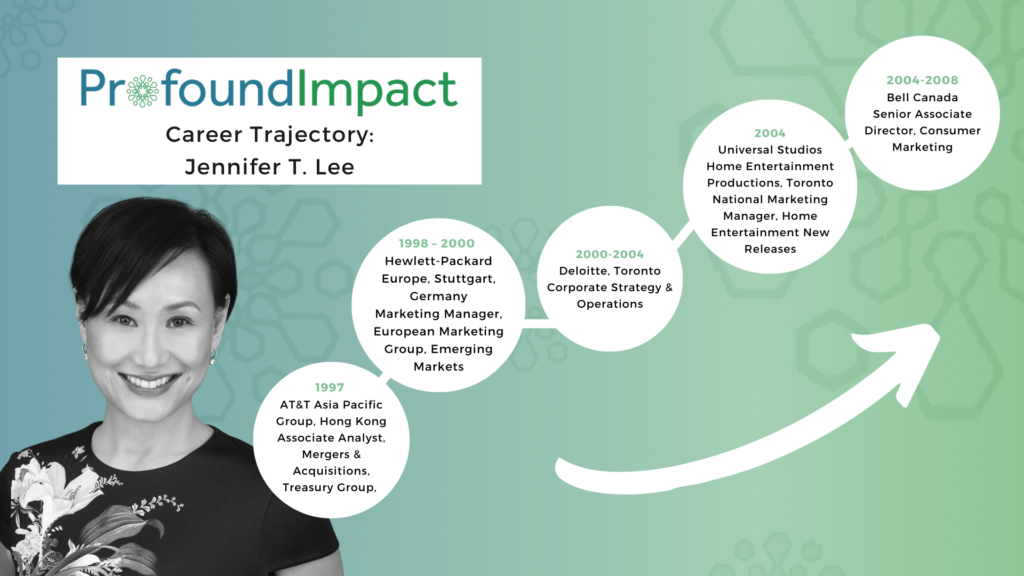
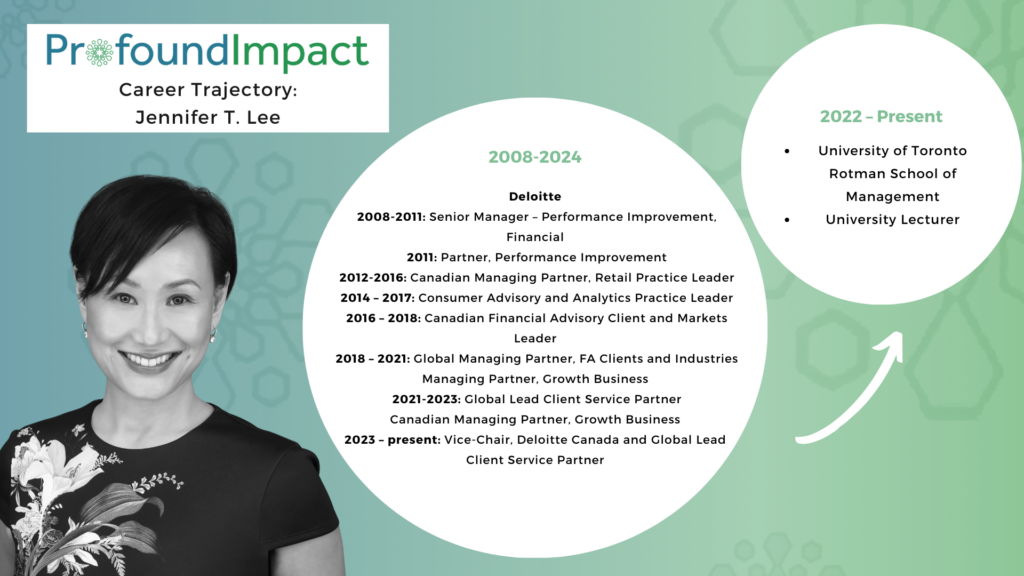
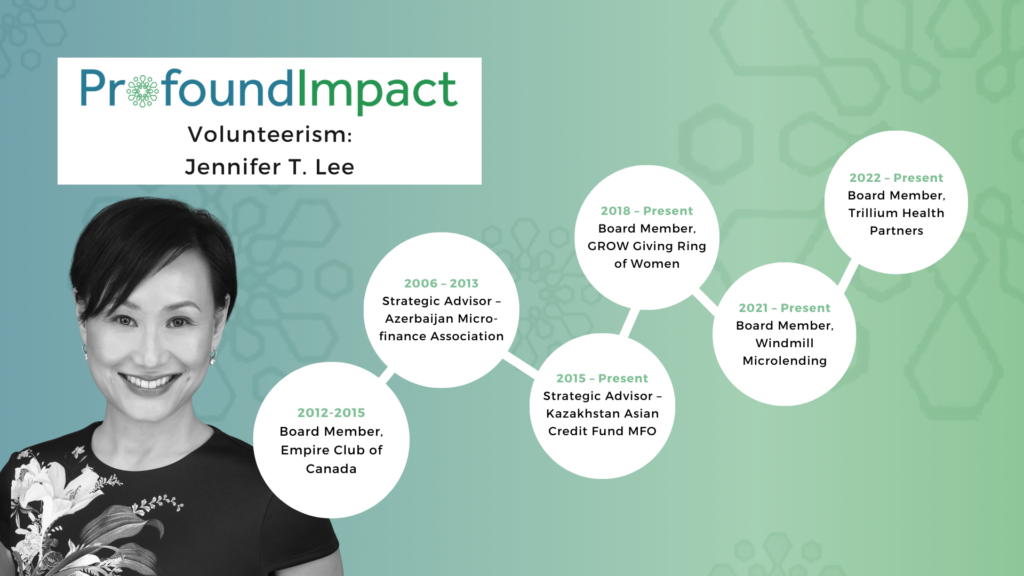
Do you have an impact story to share? Let us know at connections@profoundimpact.com for a chance to be featured in an upcoming newsletter!
